Maybe youâve seen a meme that started going around Facebook after various celebrities and public figures (especially one) began having their sexual abuses exposed.
The âmemeâsâ message is this: people in a culture are outraged at this behavior from a public figure, yet this culture also bought millions of copies of the book Fifty Shades of Grey.
I re-posted the meme, along with my thoughts on the matter. I said the public figureâs actions are without excuse. But why then do we as women swoon over and idolize characters like Christian Grey? We reinforce exactly what that person said about being âallowedâ to do whatever you want to women if you’re rich and famous. We quietly enable the notion that a woman’s only purpose is to be beautiful and sexy and give pleasure to men. We allow men to get away with being predators because we perpetuate the Beauty and the Beast fairy tale idea, that somewhere inside is a really good man who only needs our love in order to be not an abusive jerk.

From The Passion of the Christ (2004).
Thus, instead of having good women bringing out the best in these men, we end up with public figures who use their power and position. They coerce and even force women into bed, but they get away with it because they are rich and famous.
My comments were met with significant backlash. Some said the comparison was stupid. They  made snide comments such as:
- I couldnât tell the difference between reality and fiction.
- What a person chooses to read and indulge in as a fantasy is not the same as perpetuating this behavior in real life.
- In the book it was all âconsensual,â so this makes it okay.
- This isnât like how it happens in real life.
- If I suggest otherwise, Iâm victim-blaming and victim-shaming.
This attitude troubles me greatly.
My point is not to victim-shame women who have been abused. I have seen the devastation that happens when women fall into this trap. This is precisely why I need to address the problem.
For the record, I do know Christian Grey is not a real person. I am well aware that Fifty Shades is just a story about made-up people in made-up situations. I also know plenty of people do enjoy dominant/submissive relationships. Some enjoy kinky, even violent (consensual) sex.
So the problem I have with Fifty Shades is not the sex. To each his ownâIâm not trying to get in anyone elseâs bedroom.
Instead, Iâm talking about how media shapes culture, and vice versa, and how we as a culture have perpetuated an environment in which abuse is not only tolerated but glorified.
Fifty Shades and faux âconsentâ
In Fifty Shades, Christian Grey seduces young Anastasia. He ultimately convinces her to sign a contract that allows him henceforth to do whatever he wants to her sexually.
Thus, she technically âconsentsâ by signing the contract.
But what about the manipulation and control that Christian Grey exerts? What about the way he uses his status and position to coerce her? What about the way he stalks her and rapes her, but convinces her itâs romantic and that he does it because he just loves her so much? And anyway, she âconsentedâ when she signed the contract, so everything he does is acceptable, right?
I write fiction. I have no problem with a strong, powerful alpha male hero.
Thatâs not what Christian Grey is. He is an abuser. He draws her in and makes her feel special, then abuses her, getting worse as the relationship progresses.
Hereâs the heart of the problem: This is what actual abusers do. They systematically prey on their victimsâ insecurities, build them up and draw them in, cut them off from those around them who would provide wise counsel and healthy balance, and then they escalate.
From âFifty Shadesâ to reality
Fifty Shades perpetuates the lie that this behavior is âconsensualâ love.
For many people, this doesnât stay in the confines of a fantasyâa guilty pleasure between the pages of a book.
A real woman who reads Fifty Shades and gets turned on by Christian Greyâs dominance, then meets a man who is strong and powerful and flatters her with attention, can conclude itâs romantic because heâs an alpha male, just like Christian Grey. He makes her feel beautiful and selected out of a million others. Special. Loved. And when the power and control begins (which is inevitable, because thatâs what abusers are looking for), she believes the lie that it is because he loves her.
And then it escalates.
Because thatâs how abusers work.
And little by little, the lie changes from âhe just loves me too muchâ to âhe didnât mean to do it, he canât help it,â to âI shouldnât have have done this or that to provoke him,â to âI deserve it.â This can lead to, âIf only I were skinnier/prettier/sexier, he wouldnât look at other women/porn/whatever,â and âIf only I were a better cook/more receptive in the bedroom/more attentive to his needs/didnât do whatever it is that makes him mad, then he wouldnât do those things.â
The victim believes these lies and tries harder, but the harder she tries, the more control the abuser gets, and thus the more the abuse escalates. The victim believes she deserves what she gets, and that the problem is with her if he abuses her or cheats on her or anything else.
She gives in to assault, because he âjust wants to be close to her,â or, worse, sheâs afraid of the consequences if she doesnât.
The reality is that consent under duress is not consent.
If a real-life man drugs a womanâs drink, or tells her sheâll be fired if she doesnât consent (or the opposite, that her chances of a promotion will increase), or in any other way influences a woman to engage in sexual acts that she otherwise wouldnât consent to, it is assault.
This is exactly what happens in Fifty Shades. Christian Grey is a textbook abuser. That Anastasia is portrayed as enjoying it only muddies the waters more. This portrayal of enjoying rape makes women who are ashamed later feel as though thereâs something wrong with them for not appreciating the strong, forceful way their man wants them. And even if the woman does enjoy the sex, the fact that it was forced upon her still makes it rape.
The real-life men who use their power and influence to coerce women into bed are enabled by books like Fifty Shades. They feel as though they are entitled to using a womanâs body however it pleases them. They have gotten away with abusive behaviors in the past, so they genuinely believe every woman in their paths wants to sleep with them, and that itâs okayâeven expectedâfor them to assault women because of who they are.
Itâs a cultural sickness, pervading many aspects of our mindsets. It is why rape culture exists.
Jesusâs solution for sexual abuse
Yes, men should be taught what consent means. Yes, we are doing our boys a disservice if we do not teach them to respect women.
Men using their influence to gain sexual favors from the women around them is, on every level, unacceptable. Men who do this are responsible for their own actions, and should be called to account for them.
However, that does not absolve women from helping to perpetuate the double standard.
We cannot glorify this behavior in our fictional heroes like Christian Grey (and the countless others that have spawned from the popularity of Fifty Shades) and at the same time expect that real men will know that itâs not actually what is acceptable in real life. We cannot glorify the âfantasyâ and expect that men will not be confused into believing that is actually what we want.
This expectation that men are slaves to their lust, that women are expected to enjoy being dominated, that âthatâs just how men are,â is a lie that causes untold heartache, both inside and outside of a relationship.
Again, Iâm not trying to impose any strictures on a consensual relationship. Other than well-known passages against fornication and certain types of sinful behaviors, the Bible doesnât give clear boundaries on what types of sex are okay or not okay. But the Song of Solomon makes it clear that sex is meant to be enjoyed by both parties. What a husband and wife choose to engage in is between them.
Itâs a lie to suggest a manâs needs supersede a womanâs, or that a woman is inferior to a man, or that her position is one of subservience. People often point out that the patriarchs were polygamous and women in ancient cultures, even Godâs chosen people, were viewed as property. They fail to recognize that those accounts are historical records, not necessarily endorsements of actions.
The Bible upholds the value of women. This begins with creation, in which God declares that both man and woman were made in His image,. This continues with Godâs establishment of his Law, when he declares that if a man forces himself on a woman, he is to be put to death, and the woman is innocent.
In the New Testament, Jesus Himself breaks with tradition and cultural norms to affirm women repeatedly. Later, the apostle Paul instructs men to love their wives as Christ loved the Church, even to the point of dying for her.
Sexual assault is the exact opposite of the teachings of Jesus. It is the epitome of selfishness, to violate another person in order to gratify yourself, to put your own desires above the dignity and desires of someone else. Sexual assault is something that Jesus would never condone.
And that is what it all comes back to, in the end. Jesus valued every person, man and woman, no matter their sins or struggles, enough to die on the cross in order that they might be restored. Let us love one another as Jesus loved us, and strive to treat each other with the dignity and self-sacrifice with which he has treated us.

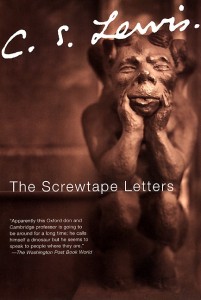
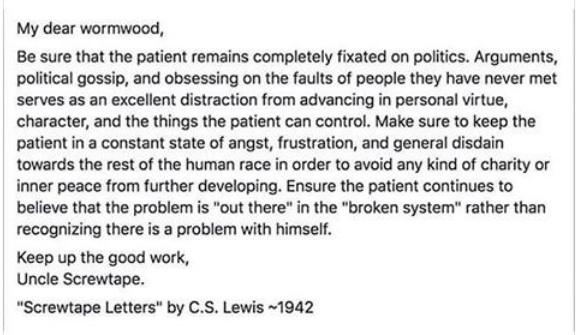
































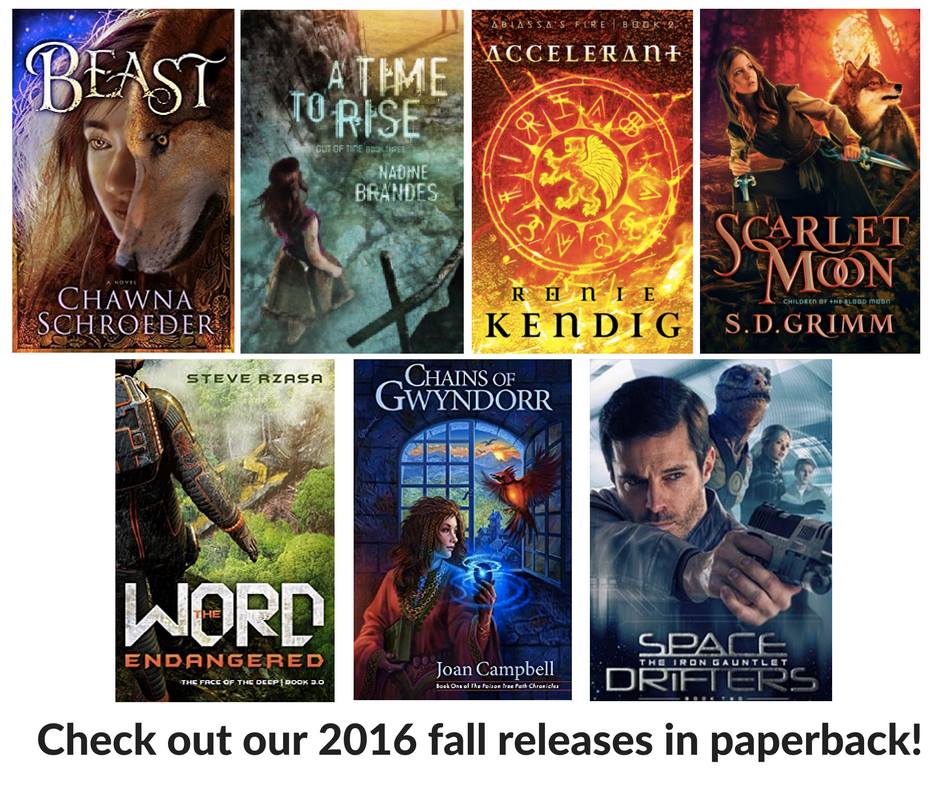
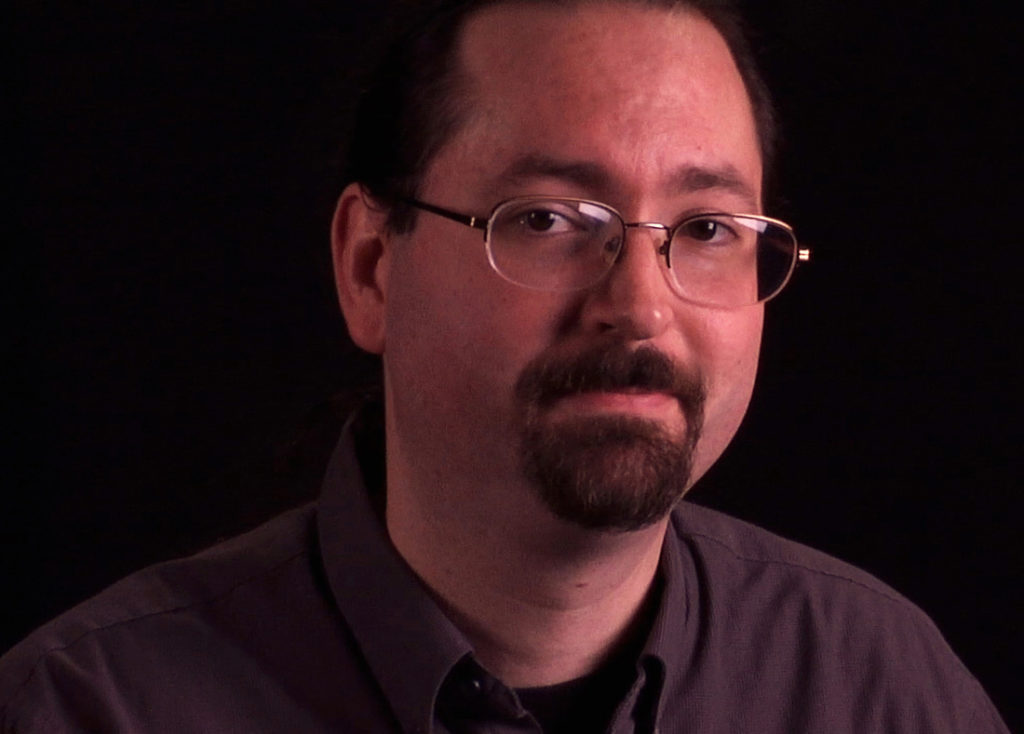

 RLM: What did you hope to accomplish in The Gospel According To Star Trek?
RLM: What did you hope to accomplish in The Gospel According To Star Trek?
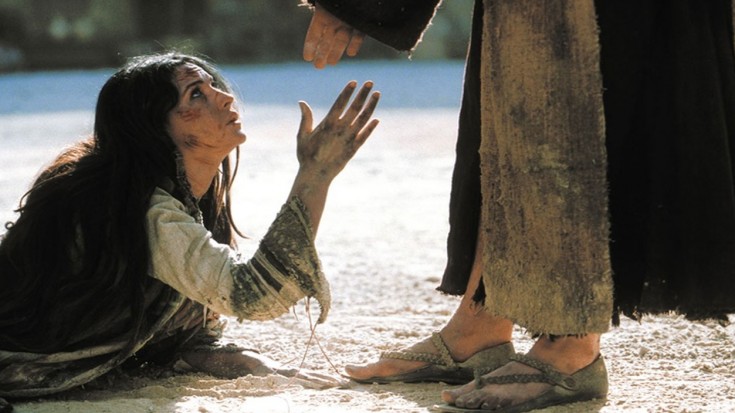


 I loved reading through the comments and seeing which character people would vote for. Hereâs your chance to do just that. Itâs a fun opportunity to take that post idea and let you, the reader, participate.
I loved reading through the comments and seeing which character people would vote for. Hereâs your chance to do just that. Itâs a fun opportunity to take that post idea and let you, the reader, participate.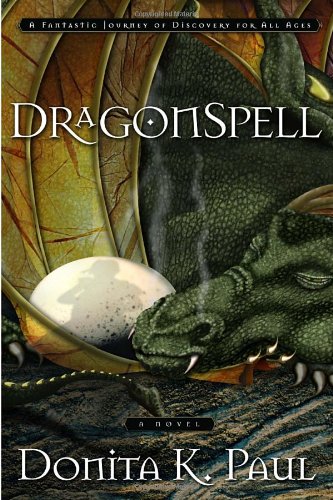
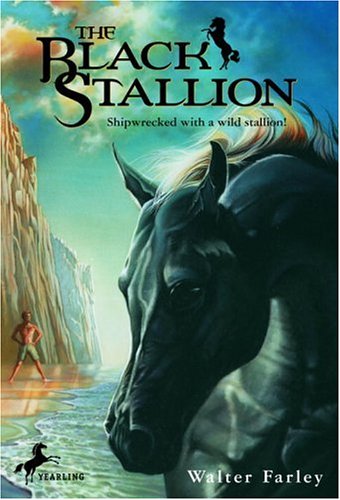 Last week I looked at sub-genres of speculative fiction and asked visitors to weigh in on their favorites. Today I want to discuss characters.
Last week I looked at sub-genres of speculative fiction and asked visitors to weigh in on their favorites. Today I want to discuss characters.
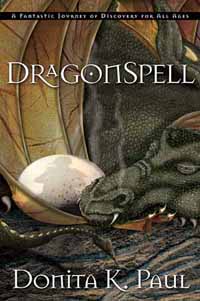

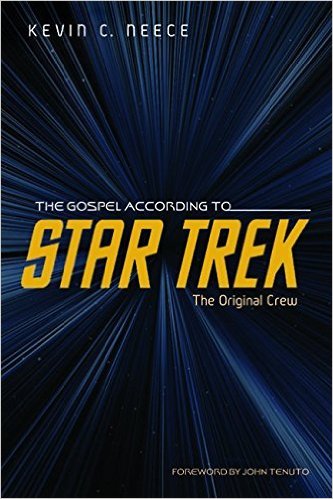 Kevin C. Neece, author of The Gospel According To Star Trek, agreed to answer a few interview questions for me. Because they were so few, I told him to be expansive in his answers. He was. The result is a thoughtful article that is too long for one blog post. Consequently, we’re breaking it into two. Today, the first two questions.
Kevin C. Neece, author of The Gospel According To Star Trek, agreed to answer a few interview questions for me. Because they were so few, I told him to be expansive in his answers. He was. The result is a thoughtful article that is too long for one blog post. Consequently, we’re breaking it into two. Today, the first two questions. Just kidding. I love Star Wars. Iâm learning to say that again after the prequel years, but in my bedroom when I was growing up, right next to my box window where Iâd strung up Christmas lights to hang my Star Trek Christmas ornaments year round, there was another string of lights that trailed over to form a border around framed posters for Star Wars, The Empire Strikes Back, and Return of the Jedi. That said, I am much more of a Trekkie. The Gospel According to Star Wars is somebody elseâs book. (Josh C. McDowellâs, for the record.)
Just kidding. I love Star Wars. Iâm learning to say that again after the prequel years, but in my bedroom when I was growing up, right next to my box window where Iâd strung up Christmas lights to hang my Star Trek Christmas ornaments year round, there was another string of lights that trailed over to form a border around framed posters for Star Wars, The Empire Strikes Back, and Return of the Jedi. That said, I am much more of a Trekkie. The Gospel According to Star Wars is somebody elseâs book. (Josh C. McDowellâs, for the record.)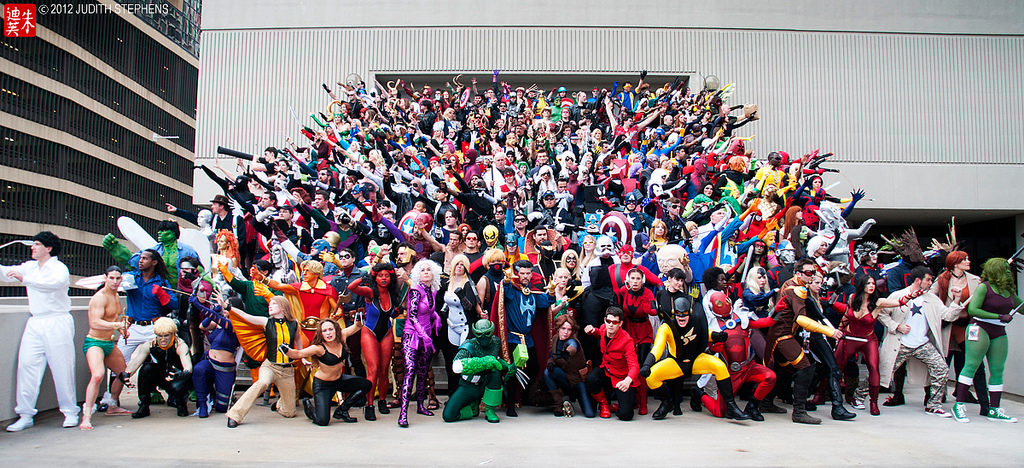

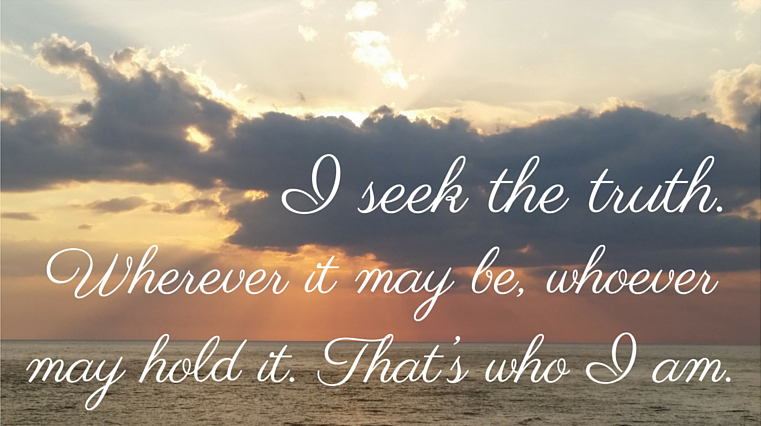

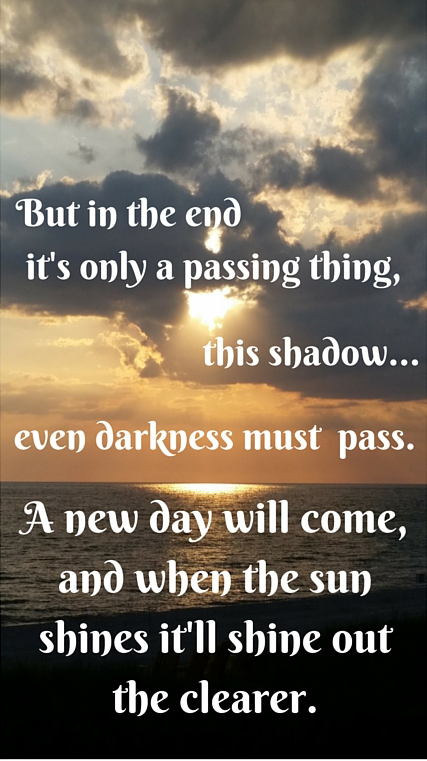 Sometimes we feel like Eustace with his dragon skin. We try and try to claw our problems and weaknesses away, but our efforts are futile. We need Aslan to come in and rip down to the deepest parts of our soul. Because only then can we be restored.
Sometimes we feel like Eustace with his dragon skin. We try and try to claw our problems and weaknesses away, but our efforts are futile. We need Aslan to come in and rip down to the deepest parts of our soul. Because only then can we be restored.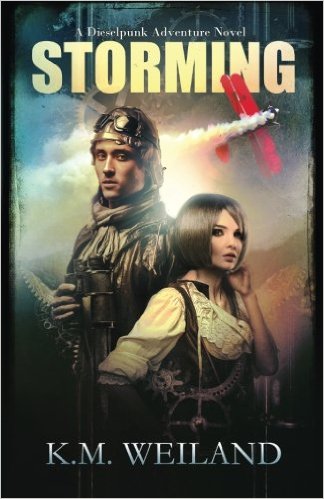
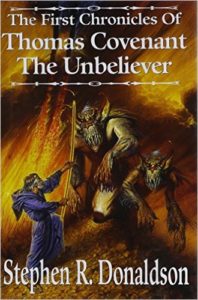 In his recent guest spot here at Spec Faith,
In his recent guest spot here at Spec Faith, 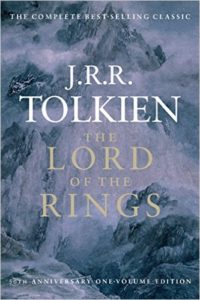 I’m an eclectic reader overall. I’m currently in a biographies reading phase, but that doesn’t mean I don’t have my favorites. If I had my choice, I’d read something Tolkien-esque. I don’t think I could ever get tired of reading stories that harken back to the great journey quest.
I’m an eclectic reader overall. I’m currently in a biographies reading phase, but that doesn’t mean I don’t have my favorites. If I had my choice, I’d read something Tolkien-esque. I don’t think I could ever get tired of reading stories that harken back to the great journey quest.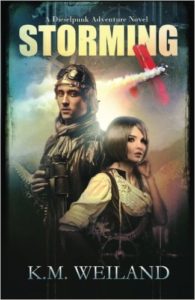 I wouldn’t say I’m a big fan of steampunk either, but I recently read a book that fell into that category—one by K. M. Weiland, actually labeled as dieselpunk, entitled Storming—and I really liked it. I’ve read fairy tale retellings that I haven’t liked but fairy tales that have me going back for more.
I wouldn’t say I’m a big fan of steampunk either, but I recently read a book that fell into that category—one by K. M. Weiland, actually labeled as dieselpunk, entitled Storming—and I really liked it. I’ve read fairy tale retellings that I haven’t liked but fairy tales that have me going back for more.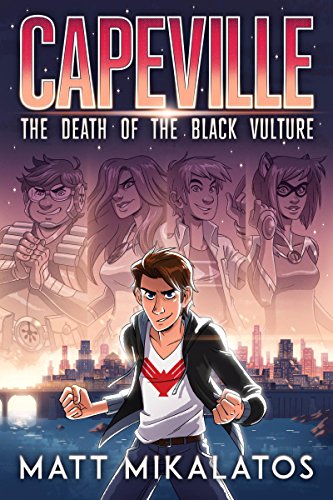
 When I was a kid, I was the biggest Star Wars fan I knew.
When I was a kid, I was the biggest Star Wars fan I knew. 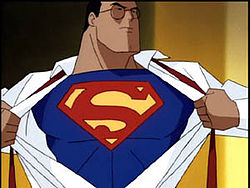 At some point, everything in a hero’s life has to be returned to zero. We can’t change them too much or mess with the formula, because messing with the formula could mess with the bottom line. Right now in the comics Wolverine is dead (being replaced with a future timeline version of Wolverine and a female, cloned version of Wolverine). Superman is dead (though his previous incarnation from another universe is alive, along with his wife and son AND a Clark Kent who appears to be the Clark who used to be the now-dead Superman). Captain America is a long term sleeper agent Nazi (he was dead not too long ago, and then an elderly man), and Batman has died more than once in recent memory, though he’s chugging along just fine in the current books. They’ll all be returned to “normal” soon enough.
At some point, everything in a hero’s life has to be returned to zero. We can’t change them too much or mess with the formula, because messing with the formula could mess with the bottom line. Right now in the comics Wolverine is dead (being replaced with a future timeline version of Wolverine and a female, cloned version of Wolverine). Superman is dead (though his previous incarnation from another universe is alive, along with his wife and son AND a Clark Kent who appears to be the Clark who used to be the now-dead Superman). Captain America is a long term sleeper agent Nazi (he was dead not too long ago, and then an elderly man), and Batman has died more than once in recent memory, though he’s chugging along just fine in the current books. They’ll all be returned to “normal” soon enough. The main characters in Capeville are teenagers, partly because of my love of comics like Legion of Super Heroes and Teen Titans, but also because I want them to have room to grow, to change, to learn and be transformed. The main five teens are John Ajax (a kid with no powers), Lightning Cat (a young woman who creates electricity through kinetic action), Jupiter Girl (a Jovian powerhouse), Pronto (the speedster) and the Gecko (a wall-crawling superhero with more experience than the rest of them).
The main characters in Capeville are teenagers, partly because of my love of comics like Legion of Super Heroes and Teen Titans, but also because I want them to have room to grow, to change, to learn and be transformed. The main five teens are John Ajax (a kid with no powers), Lightning Cat (a young woman who creates electricity through kinetic action), Jupiter Girl (a Jovian powerhouse), Pronto (the speedster) and the Gecko (a wall-crawling superhero with more experience than the rest of them). 



